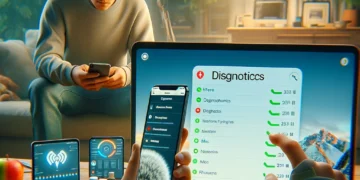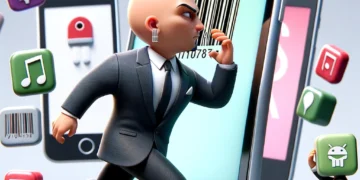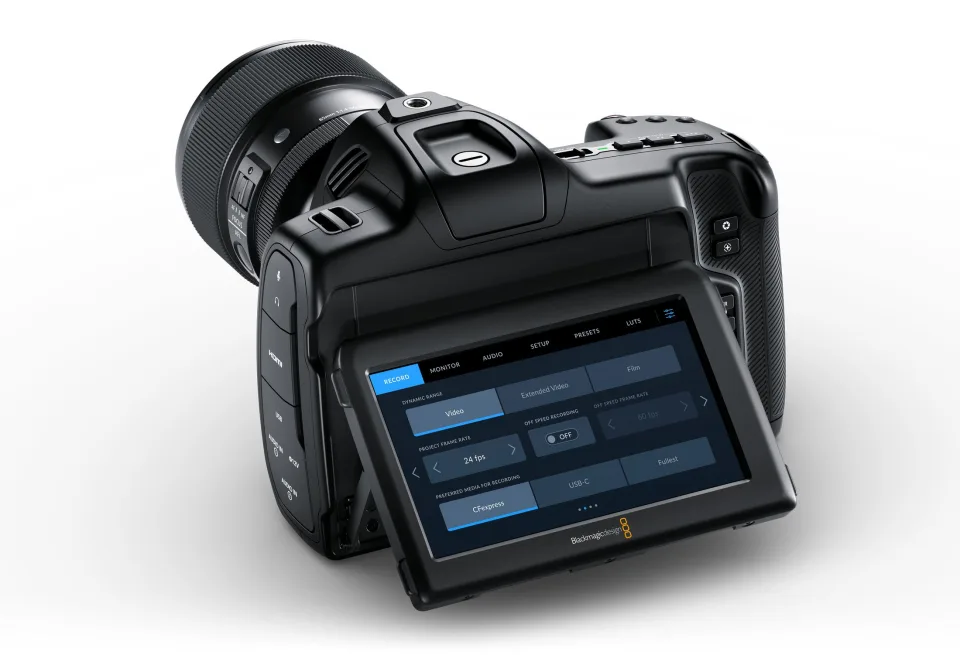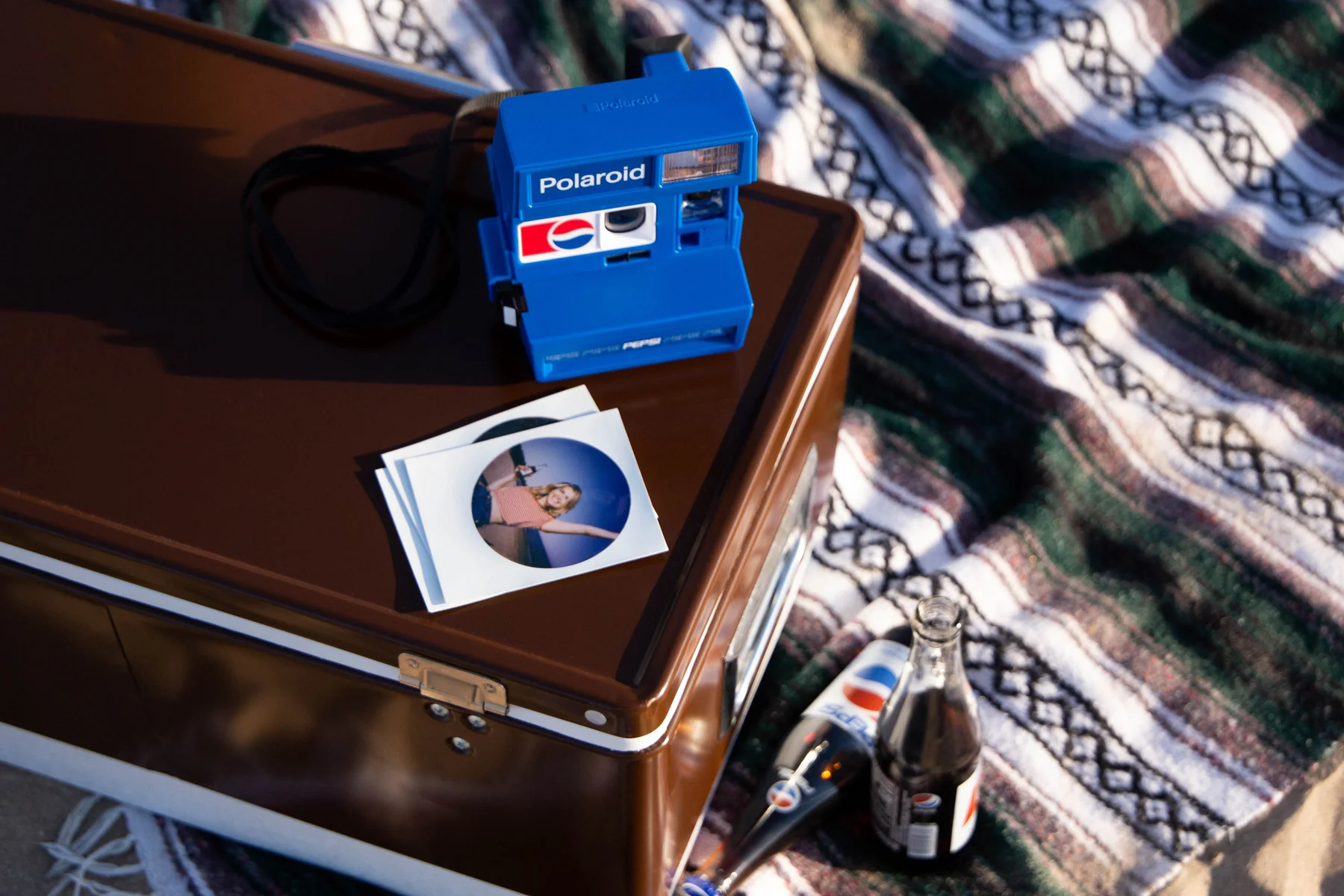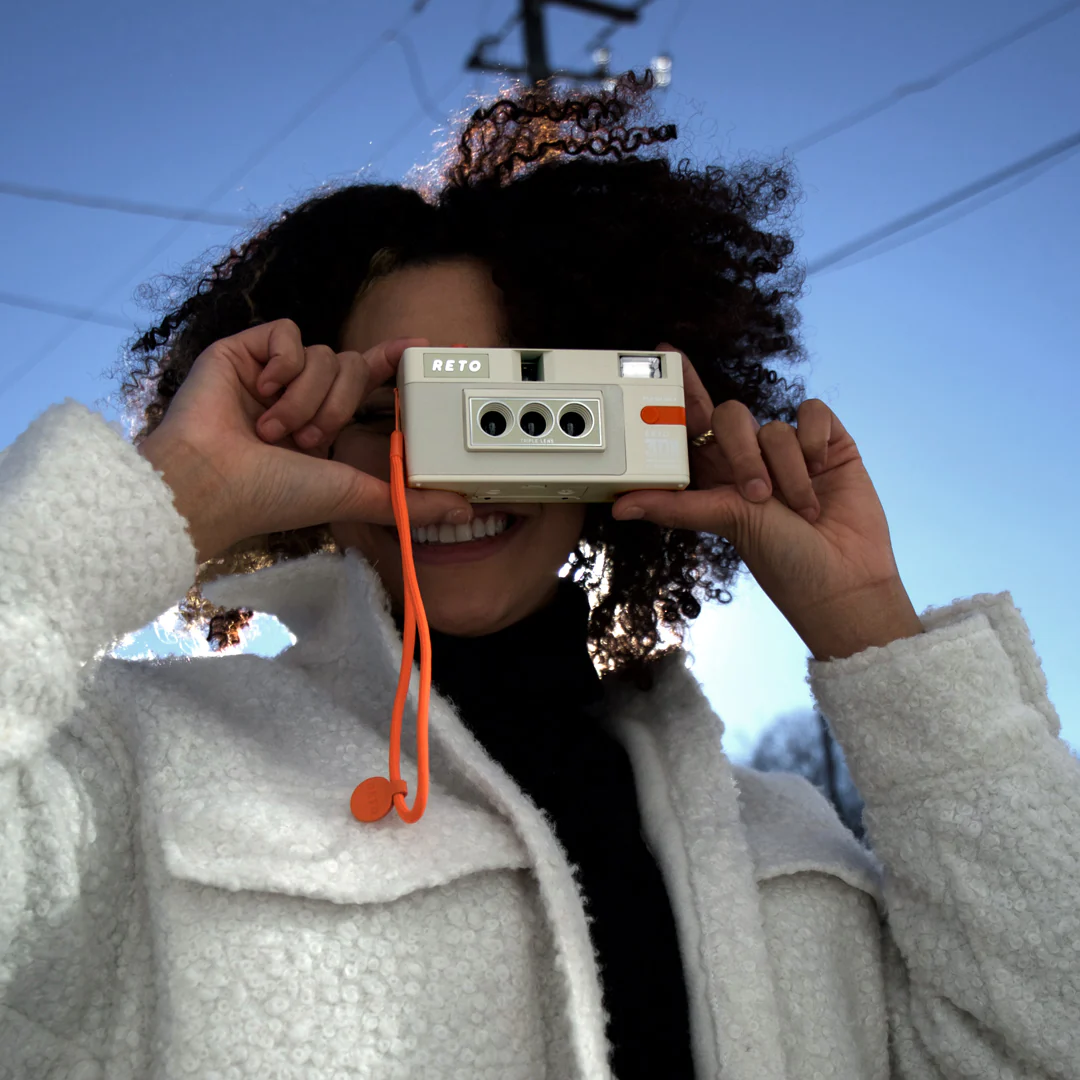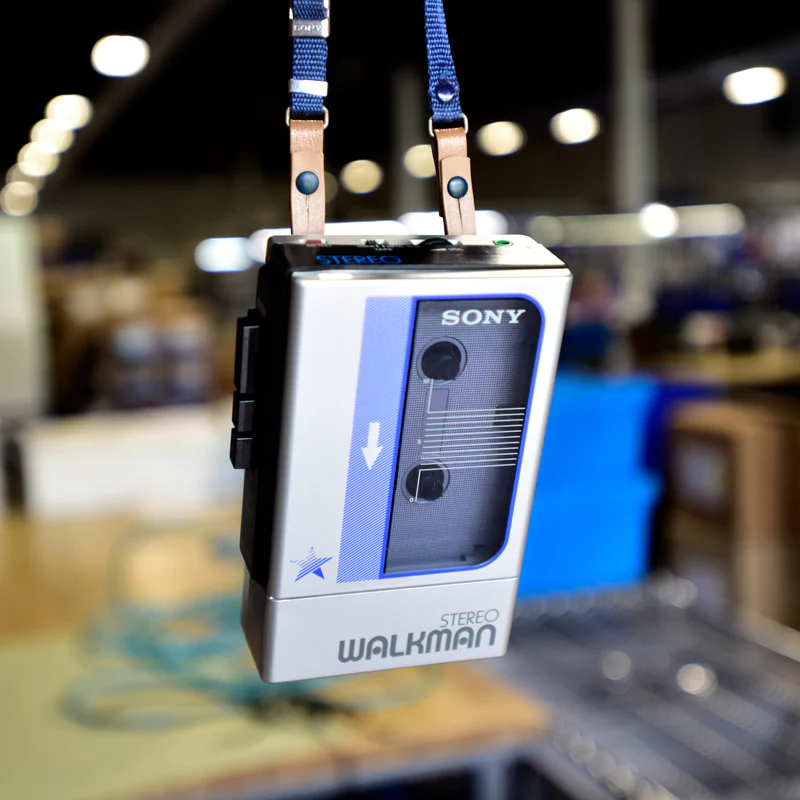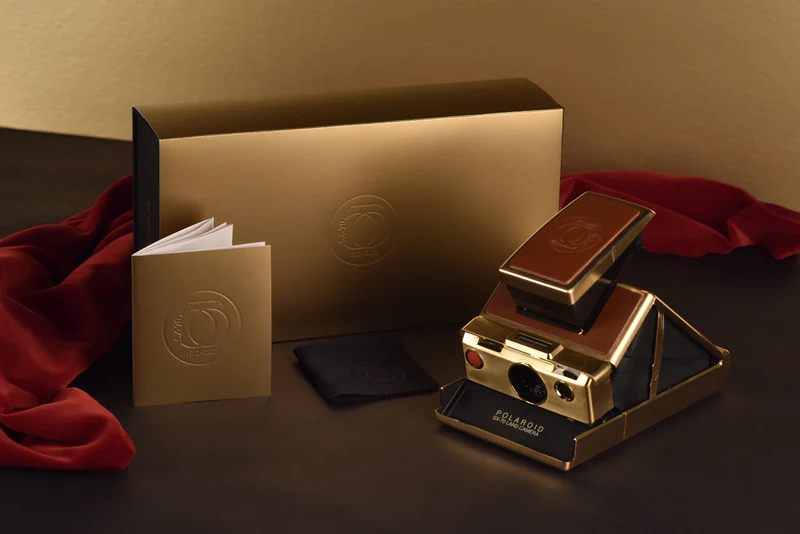Step into the digital world of TikTok, where short-form videos reign supreme, and dance challenges go viral overnight. But hold up, it’s not all fun and games. TikTok’s latest move shows it’s serious about content moderation. The platform is putting its foot down, saying a big “no-no” to content promoting Osama bin Laden’s notorious 2002 ‘Letter to America.’
Let’s set the scene: TikTok, the app where you can find everything from cooking hacks to the latest comedy skits, found itself in a bit of a pickle. Some users, amid debates over the Israel-Hamas conflict, started discussing bin Laden’s 20-year-old letter, with a few even praising its contents. Yikes!
This isn’t just any old letter we’re talking about. Penned after the tragic al Qaeda attack that shocked the world, the letter lashes out with criticisms, accusations, and downright antisemitic remarks. Bin Laden, who met his end in 2011 at the hands of a U.S. special ops team, left behind a legacy of terror that TikTok wants no part of.
TikTok’s stance? Firm and clear. They’re like the bouncer at the club, refusing entry to content that smells even remotely like support for terrorism. “Sorry, not on the guest list,” says TikTok, as it reinforces its commitment to keeping the platform a no-terrorism zone.
But here’s the twist: TikTok claims that reports of this letter “trending” on the platform are more myth than reality. A quick TikTok search for “Letter to America”? Zilch. Nada. You’ll get a polite but stern message about violating guidelines instead.
And guess what? This decision has some U.S. lawmakers nodding in approval. They’ve been eyeing TikTok with suspicion, some even calling for a ban of the Chinese-owned app. Democratic Representative Josh Gottheimer didn’t mince words, accusing TikTok of spreading “pro-terrorist propaganda.” Yowza!
Meanwhile, the White House chimed in with its two cents. Spokesperson Andrew Bates didn’t beat around the bush: spreading bin Laden’s hateful, antisemitic lies is a big no-no.
In a plot twist, The Guardian, which originally published the full text of the letter back in 2002, decided to pull it from its website. Why? Well, they’re worried about it being shared without context on social media. Instead, they’re pointing readers to the original news article. Talk about responsible journalism!
So, what’s the takeaway? TikTok is drawing a line in the sand, making it clear that while creativity and fun are the names of the game, promoting terrorist content is definitely out of bounds. It’s a balancing act, keeping the platform both entertaining and safe, and TikTok’s not shying away from the challenge.
As for understanding the full scope of content on TikTok, well, that’s a bit like trying to solve a Rubik’s Cube blindfolded. External researchers find it tough to peek behind the curtain, thanks to limited access to TikTok’s data. But one thing’s certain: TikTok’s not playing games when it comes to serious matters like this.
In conclusion, while you can still enjoy your favorite dance challenges and lip-sync battles on TikTok, remember that the platform is also keeping a vigilant eye on content. It’s a digital dance floor where fun meets responsibility, and TikTok’s making sure the music stays upbeat and the vibes positive.










![Apple Watch SE (2nd Gen) [GPS 40mm] Smartwatch with Starlight Aluminum Case with Starlight Sport Band S/M. Fitness & Sleep Tracker, Crash Detection, Heart Rate Monitor](https://www.tech-bit.com/wp-content/uploads/2024/06/applewatchse2ndgengps40mmsmartwatchwithstarlightaluminumcase-360x180.jpg)
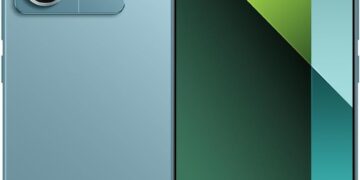




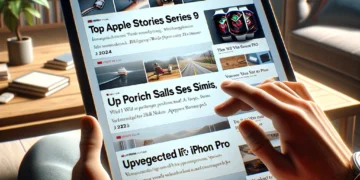



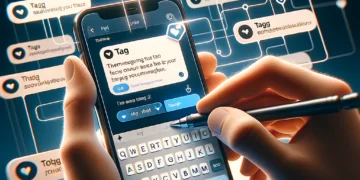



![Apple Watch Series 9 [GPS 45mm] Smartwatch with Midnight Aluminum Case with Midnight Sport Band S/M. Fitness Tracker, ECG Apps, Always-On Retina Display, Water Resistant](https://www.tech-bit.com/wp-content/uploads/2024/06/applewatchseries9gps45mmsmartwatchwithmidnightaluminumcasewith-360x180.jpg)




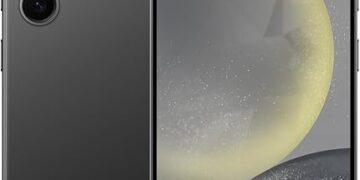




![Apple Watch Ultra 2 [GPS + Cellular 49mm] Smartwatch, Sport Watch with Rugged Black Titanium Case with Black Ocean Band. Fitness Tracker, Precision GPS, Action Button, Extra-Long Battery Life](https://www.tech-bit.com/wp-content/uploads/2024/10/applewatchultra2gpscellular49mmsmartwatchsportwatchwithrugged-360x180.jpg)






